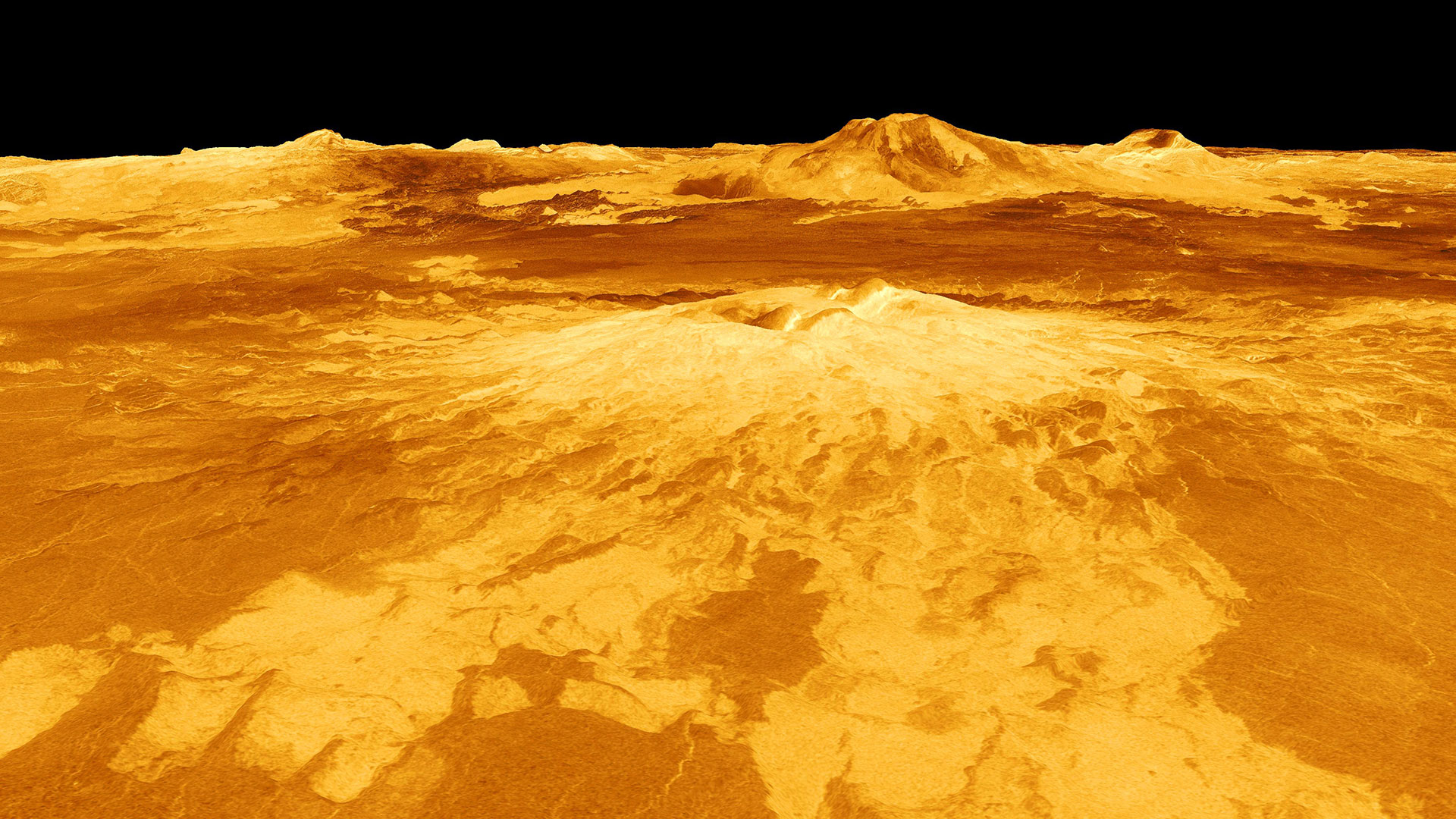

With average temperatures hovering around 850º Fahrenheit and atmosphere pressure levels roughly 90 times higher than that found at sea level on Earth, the surface of Venus is fit for neither man nor beast—nor traditional electronics. The handful of probes humans have sent to land on the second planet from the Sun have lasted mere hours und the hellish conditions, their tender circuits protected by protective shielding that both complicates the mission and adds precious mass—while still only buying the probe a few hours under the Venusian crush.
Not anymore, though. NASA has developed a new type of electronics that can hold up under the Dantean conditions found on Venus.
The new NASA electronics are made with silicon carbide
The new circuits, which were developed by researchers at NASA’s Glenn Research Center in Cleveland, are made using silicon carbide semiconductor circuits, which can operate at far higher temperatures than traditional silicon circuitry. To see how they would handle the Venusian environment, the scientists popped a couple examples into the Glenn Extreme Environments Rig, a vessel designed to replicate the pressure and heat found on other planets. Not only did the new silicon carbide circuits hold on for a whopping 521 hours in the chamber—more than 100 times longer than earlier Venusian mission electronics—but they still worked fine after more than three weeks in the harsh environment.
“With further technology development, such electronics could drastically improve Venus lander designs and mission concepts, enabling the first long-duration missions to the surface of Venus,” Glenn Center electronics engineer Phil Neudeck said in a release.
Silicon carbide circuitry was originally developed to handle the heat found in aircraft engines—and the latest developments could prove a boon to that industry as well, according to Gary Hunter, principle investigator for Venus surface electronics development.
“This work not only enables the potential for new science in extended Venus surface and other planetary exploration, but it also has potentially significant impact for a range of Earth relevant applications,” Hunter said, “such as in aircraft engines to enable new capabilities, improve operations, and reduce emissions.”
Hey, anything that can bring us better planes and cool new space missions sounds good to us.